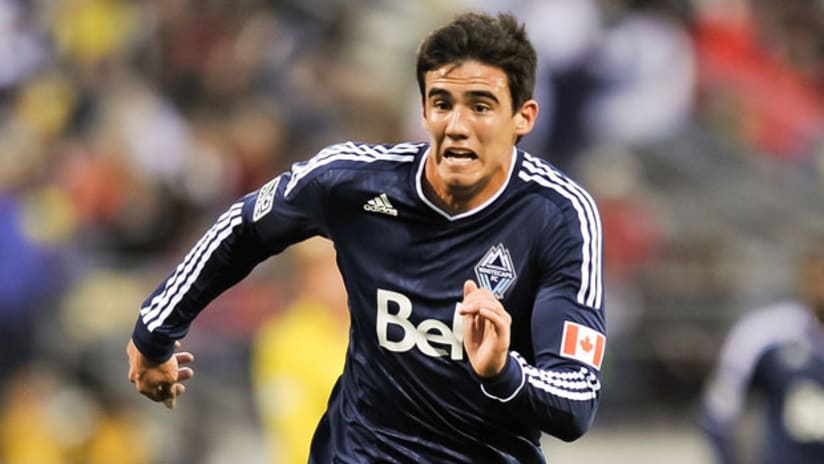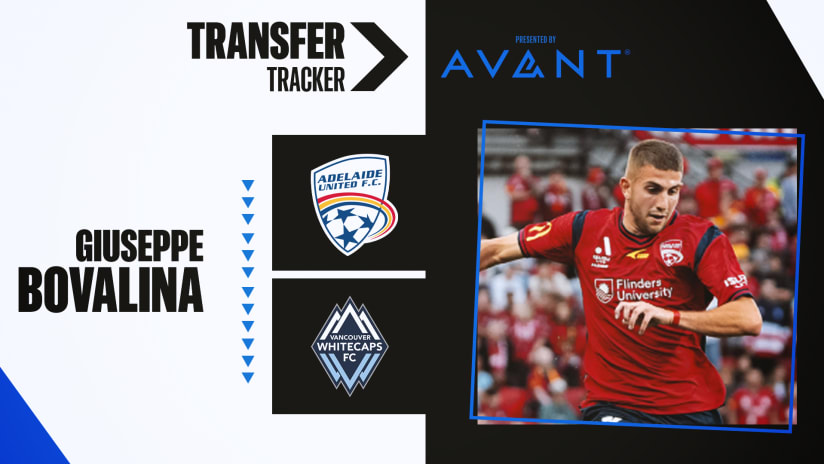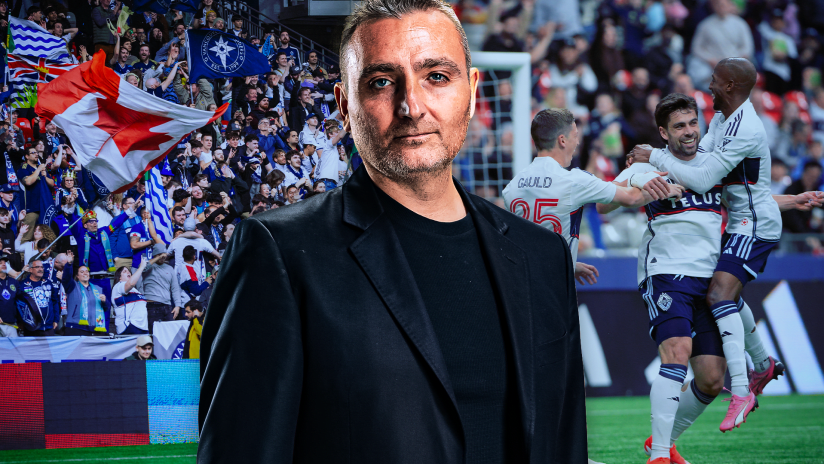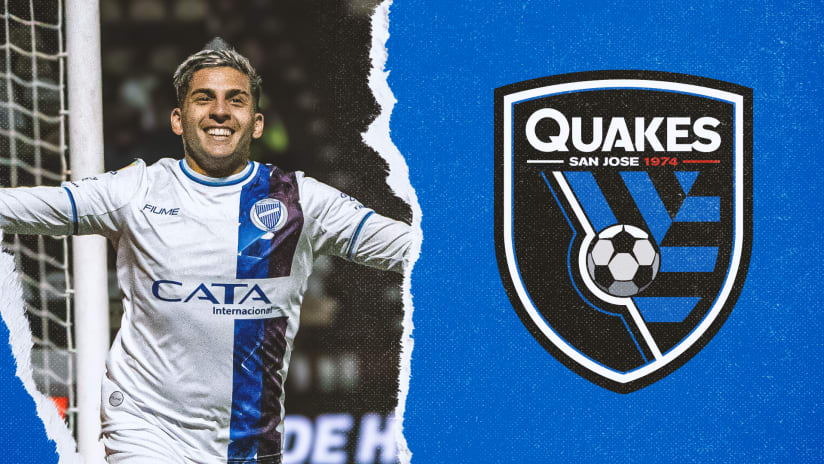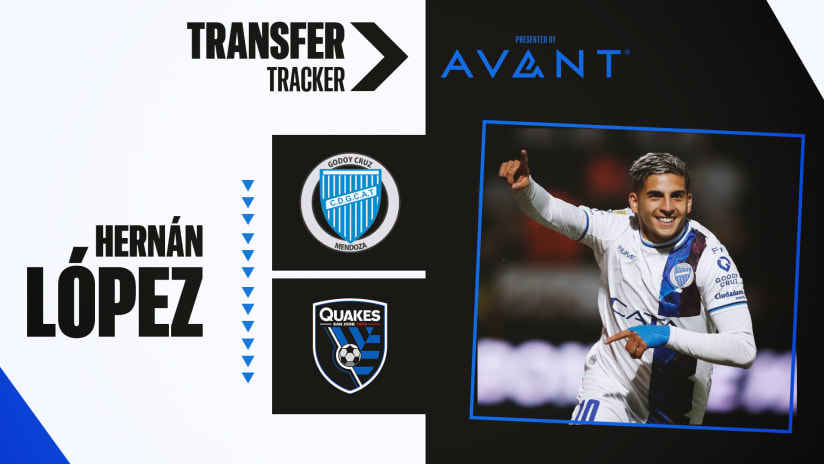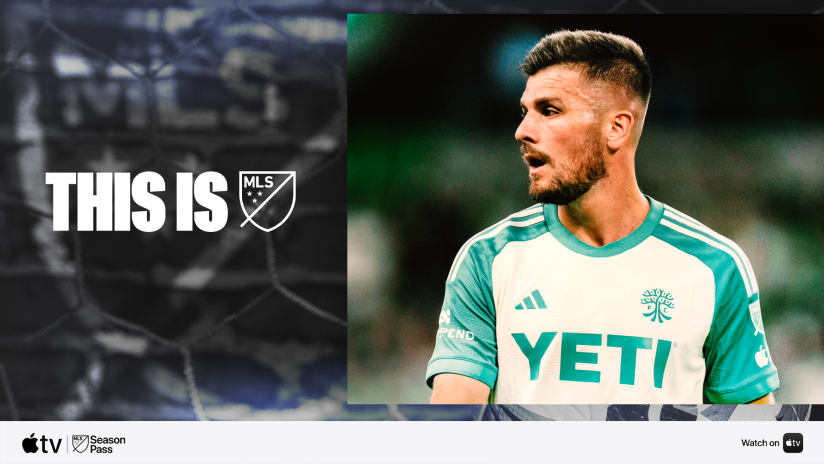CARSON, Calif. – The Vancouver Whitecaps took a lot of heat over their first two seasons in Major League Soccer for a distinct lack of Canadian flavor on their roster.
But Whitecaps FC co-owner Jeff Mallett expects that to change, both as the Canadian national team program is forced to groom a new generation and as the club looks to its own future.
“We are committed to creating not only an MLS club that competes every season for the playoffs, but also [one that is] sending players to the national program,” Mallett told reporters shortly before Thursday night’s LA-Vancouver match. “And there is only one way to go with the national program and that’s up.”
Vancouver currently have only three Canadians on their 28-man roster in midfielders Russell Teibert and Bryce Alderson and forward Caleb Clarke. All three teenagers are Homegrown products from the Whitecaps Residency program, but only one – Teibert – has seen any kind of significant league action for the first team.
READ: Lenarduzzi on Canada: "What we're doing isn't working"
Mallett is adamant that those youngsters – all of whom are senior Canadian national team prospects – need more minutes, but he also acknowledges the challenge that poses for the coaching staff, which is under pressure to craft a winning team that can compete in MLS.
The answer doesn’t necessarily lie in the MLS Reserve League, which Mallett says is “not big enough, not strong enough” to provide the right level of competition. Affiliations with second- and third-division clubs are options on the table, but Vancouver still have work to do in zeroing in on the right solution.
Regardless, Mallett says, the Whitecaps will continue to place emphasis on youth.
“I would like to see more Canadians directly on our side, I would like to see more youth players coming through – whether they come indirectly like an Omar Salgado coming up from the US system,” Mallett said. “That’s not only a really good business decision, because that’s how you make this model work, [but] I think that’s how you create real sustainable clubs that go forward.”

